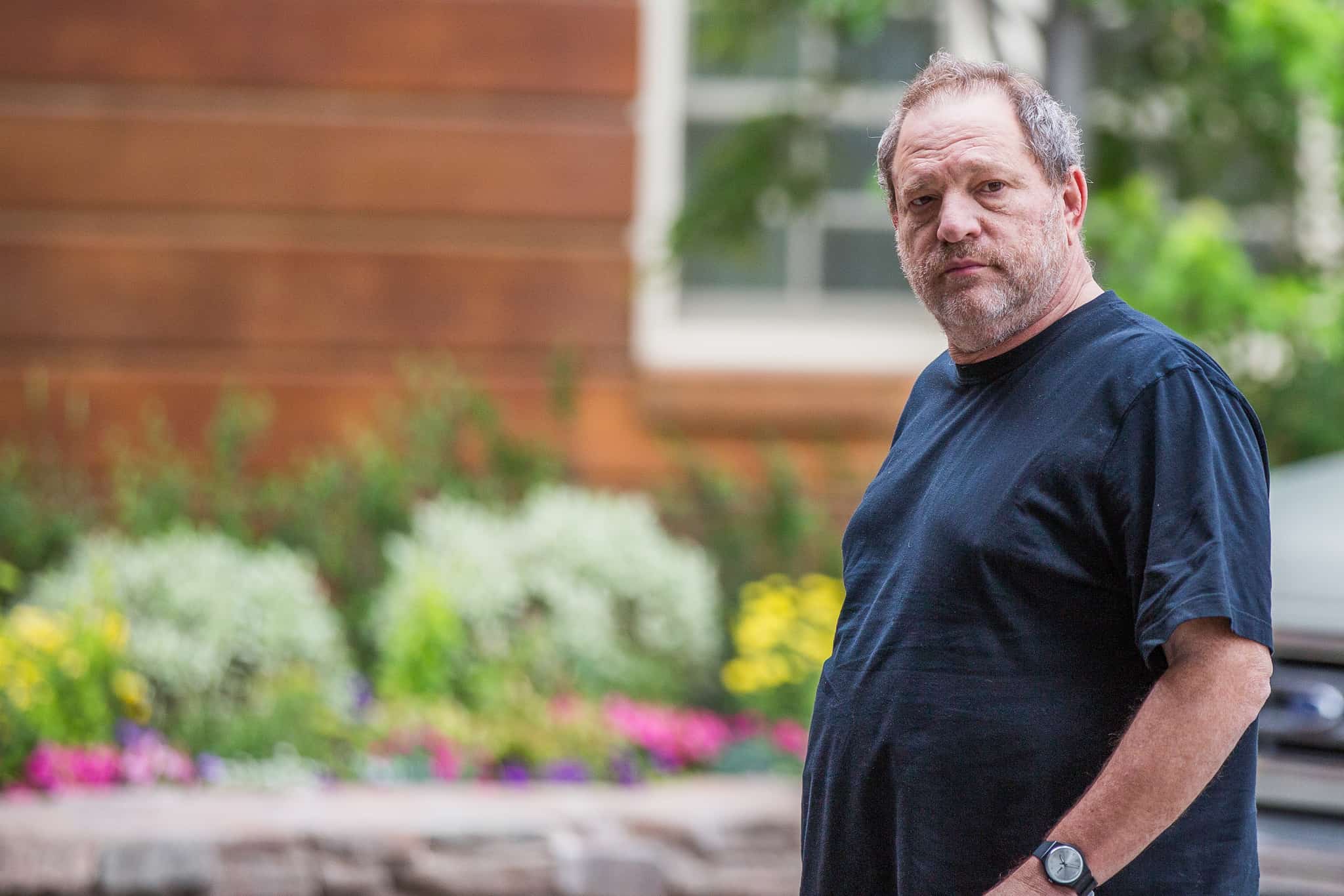The story sounds like one out of the kind of award-winning film that Harvey Weinstein has been known to put out: a powerful Hollywood executive is brought down by a bombshell article claiming he sexually assaulted and harassed legions of women who had worked with and for him.
Unfortunately for Weinstein, this is not one of his prestigious projects with A-list stars signing on. It is a disturbing, real-life scandal that has turned him, as one of the industry’s most respected moguls, into a media pariah. Ever since a New York Times investigation published on October 5 revealed over three decades of previously undisclosed incidents of Weinstein’s sexual harassment and abuses of power over women, Hollywood has been roiling with fury and disgust. Five days later, The New Yorker published a similar investigation that contained a damning audio recording, captured during a New York Police Department sting operation, of Weinstein admitting to groping model Ambra Battilana Gutierrez.
The 65-year-old producer, known for his fiery temper, has since been fired from his self-named company, which he founded in 2005 with his brother Bob following their departure from formerly Disney-owned Miramax.
The elites of Hollywood, from George Clooney to Angelina Jolie, have been turning their backs against Weinstein, and others have come out with stories of similar encounters. Among his accusers are actresses Gwyneth Paltrow, Ashley Judd, Kate Beckinsale, and Rose McGowan.
McGowan in particular has been blunt about the mogul’s illicit activities. Through her Twitter account, the former Charmed star refused to mince words, claiming that Weinstein raped her at the 1997 Sundance Film Festival. Other allegations made by the dozens of women who have come forward include similar elements: Weinstein demanding the women massage him, watch him shower, or undress him.
The allegations against Weinstein have already triggered accusations against other stars. After Ben Affleck released a statement condemning Weinstein, other women came forward accusing Affleck himself of sexual harassment. Actress Hilarie Burton brought up an incident in which Affleck groped her on a 2003 appearance on MTV’s Total Request Live, while makeup artist Annamarie Tendler accused Affleck of groping her at a 2014 Golden Globes party.
As disturbing as these allegations are in our progressive era, this is only the tip of the iceberg with regard to a trend that has sadly been far too prevalent in the film industry and society in general: the abuse of power that executives, mostly male, can impose on their employees, whether those are movie stars or interns.
Despite these incidents occurring over a period of 30 years, they are only now being revealed to the public. This is not only because Weinstein’s accusers were unable to disclose the incidents at the time, but also because so many enabled him and turned a blind eye to his behaviour, whether it was his former partners at Disney or the numerous stars and filmmakers with whom he developed strong working relationships, such as Affleck and director Quentin Tarantino.
Sadly, this has only enabled Weinstein and others of his ilk to use their authority to control women. They feel invincible thanks to their success, and they feel that nothing can bring them down. Prolific comedy director Judd Apatow agreed in an interview with the Los Angeles Times that abuse is common in the industry and that many don’t realize this mistreatment immediately. “Young actresses are mistreated in all sorts of ways by powerful men who can dangle jobs or access to exciting parts of show business,” said Apatow. Putting their livelihoods at risk, he explained, is the reason Weinstein has been able to “operate like this for so many decades.”
One of the worst aspects of this scandal is that it has been par for the course in Hollywood since the Golden Age of the studio system in the 1930s and ’40s, when studio moguls such as Metro-Goldwyn-Mayer’s Louis B Mayer and 20th Century Fox’s Daryl F Zanuck were notorious for giving promising female stars coveted roles in exchange for sex. Marilyn Monroe was once quoted as saying, “I’ve slept with producers… If you didn’t go along, there were 25 girls who would.”
It is disheartening that an industry known for its progressiveness in technology and filmmaking, and one that brings us joy and entertainment, has not changed in terms of its treatment of vulnerable women. Beckinsale is right to call Weinstein “an emblem of a system that is sick.”
In order for there to be a real shift in how women in Hollywood are treated, the circle of silence and denial will need to end. It is not just the victims who will need to be brave and speak out — it is also crucial for those who have stood on the sidelines and enabled this behaviour to come forward and end these abuses of power. To those executives who have committed sins akin to Weinstein’s, I hope you are ready for what’s to come, because your time is running out.


